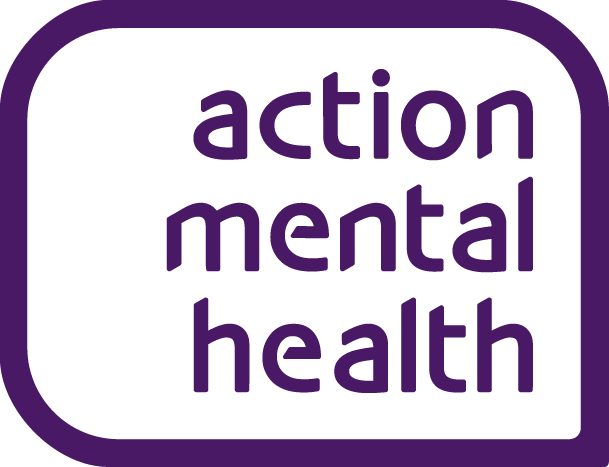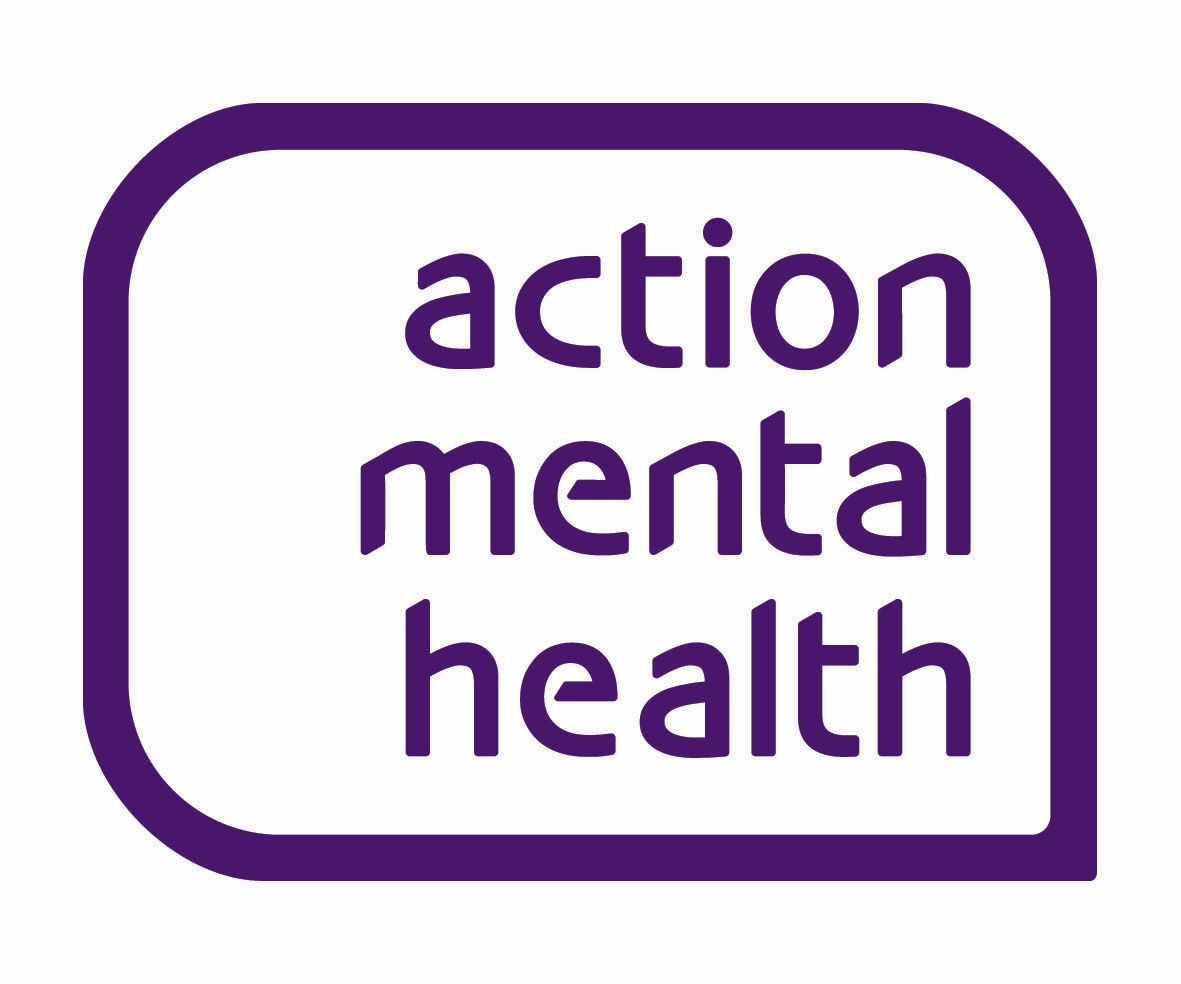It is therefore not surprising that over half of UK employees report feeling at the brink of burnout. CIPD’s 2022 survey of workplace wellbeing found that 56% of UK employees report symptoms of poor mental health, and 59% of long-term absences from work are attributed to mental illness. The message is clear. It’s time to banish the unhealthy working practices which lead to burnout.
If you’re unsure where to start, we’ve put together a list of 5 simple yet effective strategies to help you to prevent burnout and place wellness at the centre of your work life:
How often do you glance at your work emails before bed? Or perhaps you find yourself picking up your work laptop to do one more "quick task” in the evening? Whilst this “always-on” mentality can seem productive, a recent Deloitte research study highlighted that employees who adopt this mentality are at greater risk of burnout, experience lower job satisfaction and exhibit lower productivity than employees with healthy workplace boundaries. Simple boundaries, such as making sure to take a lunch break and turning your work devices off after hours, are effective ways to reduce stress and assert a sense of control over your energy and time.
The term “mindfulness” seems ubiquitous in recent years, with apps such as “Headspace” and “Calm” rising to popularity during the pandemic. Yet mindfulness was first introduced by Buddhist monks, and simply refers to the practice of focusing solely on the present moment. Research highlights that employees who complete small mindfulness exercises at work, such as “box breathing” for 60 seconds prior to meetings, experienced lesser anxiety, improved mood and greater focus. By using mindfulness to remain in the present moment, employees are less likely to dwell on past mistakes or future deadlines. Mindful employees also experience improved sleep and greater energy throughout the day. To learn more about the benefits of mindfulness and how to start, visit: https://www.headspace.com/articles
Connecting with colleagues is a valuable method of feeling supported at work. Yet your manager is typically the person who allocates your workload and is the primary port of call if any issues arise. Establishing a healthy, two-way relationship with your manager can prove vital in managing your workload and resolving issues which may impact your mental wellbeing. Even if there isn’t currently an issue, building trust with your manager now, means that you will feel more supported within your work-life, and better equipped to ask for organisational support when needed.
Our bodies and minds are connected, so movement- such as walking, dancing, cleaning, gardening or anything else you enjoy- is a great way to look after our mental wellbeing. You don’t have to be a fitness fanatic to reap the benefits! A recent research study conducted at the University of Tsukuba found that even a 10-minute walk is enough to release “feel good” endorphins that alleviate stress, increase mental alertness, elevate energy and aid mood. So whether you’re opting for a lunchtime walk with colleagues, an early morning workout DVD or some gentle yoga after you leave the office, incorporating endorphins from exercise is a great way to manage your mental wellbeing across the week.
In our professional lives, developing our knowledge base and skillset is non-negotiable. Yet, developing self-understanding often feels less clear-cut. In essence, self-understanding is simply the process of stepping back and observing your thoughts and feelings as they unfold. It can be as simple as noticing which situations lead you to feeling stressed, which people cause you to feel irritated and which coping strategies help you to let go of difficult emotions. Once we are able to notice which situations trigger difficult emotions and which actions alleviate these emotions, it becomes easier to act with self-compassion and counteract stress prior to the point of burnout.
Much like we all have physical health, we all have mental health that we need to take steps to look after. In some instances, you may find that you need further support to manage your mental health. If you notice symptoms such as trouble sleeping, low mood, anxiety, changes in appetite or an inability to enjoy daily tasks, you are not alone. As many as 1 in 4 adults in Northern Ireland experience signs of a mental health issue every year. Help is available:
Reach out to your GP. When you talk to your GP about your mental health they'll listen, give you advice and introduce you to a mental health service they think will be most helpful to you. These services may come from your GP surgery, a large local health centre, a specialist mental health clinic or a hospital.
Lifeline. Lifeline is a free 24/7 crisis response helpline service for those experiencing distress or despair. Lifeline is there to help 24 hours a day and can be contacted on: 0808 808 8000
Action Mental Health Counselling. Action Mental Health provides free, high quality counselling services across Greater Belfast. Further information can be found at: https://www.amh.org.uk/new-life-counselling/
Details of further support services and helplines can be found at: https://helplinesni.com/

